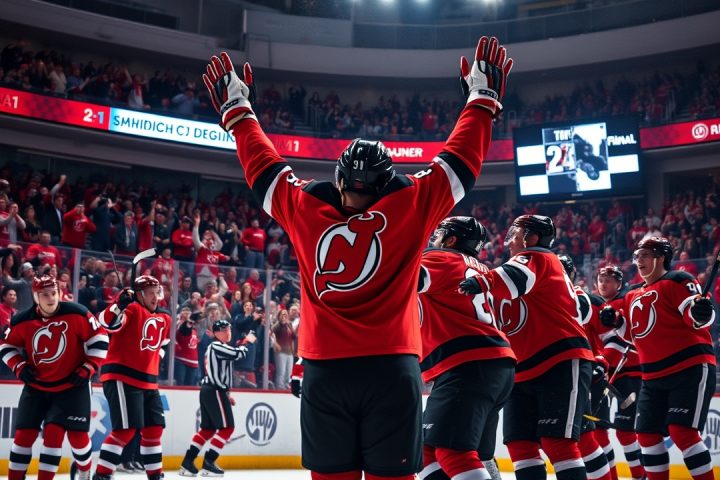The Pursuit of Excellence
The pursuit of excellence often leads us to study the victorious. For instance, John Wooden’s enduring ‘pyramid of success’ offers insights into the triumphs of UCLA’s men’s basketball team under his guidance, securing a remarkable ten national championships. However, a different narrative emerges when we consider the experiences of those who have faced defeat. If failure is a teacher, the Buffalo Sabres provide a masterclass, given their prolonged absence from the NHL playoffs for 14 consecutive seasons—a record in the league’s history. This extended period of struggle uncovers vital lessons about leadership and team dynamics.
Leadership Changes and Failed Strategies
Throughout these years, the Sabres have cycled through seven different head coaches and four general managers, with each leadership change occasionally hinting at a turnaround but ultimately falling short. For example, Terry Pegula’s ownership began with optimism and substantial financial investment, believing that by bringing in marquee free agents like Christian Ehrhoff and Ville Leino, he could quickly reverse the team’s fortunes. However, he soon learned that simply throwing money at the problem does not guarantee success, as the Sabres failed to make the playoffs during his initial seasons.
In an attempt to expedite the rebuilding process, Pegula and then-general manager Darcy Regier orchestrated a deliberate downturn in performance, commonly referred to as ‘tanking’, from 2013 onward. This strategy was intended to yield high draft picks, leading to selections like Sam Reinhart and Jack Eichel. However, this heavy-handed approach severely disrupted team culture. Eichel, for example, was named captain prematurely, leading to an overwhelming burden on the young star and his peers, which proved counterproductive.
Current Approaches and Lessons Learned
Presently, general manager Kevyn Adams aims to rebuild the team by nurturing homegrown talent. Yet, the Sabres continue to make the mistake of promoting inexperienced players to influential roles too early, as illustrated by the sizeable contracts awarded to players like Mattias Samuelsson and Owen Power after limited experience.
“Make them earn the right to be a Buffalo Sabre,”
advised a former scout, highlighting the need for a competitive environment rooted in accountability.
Moreover, it’s crucial to recognize that, during this drought, the Sabres have secured ten top-10 draft picks, including the first and second picks multiple times. However, many of those players have since achieved success outside Buffalo, including Reinhart and Eichel, both of whom have won the Stanley Cup with different franchises. Their experience underscores the importance of a supportive and established culture, which can often be lacking in situations like Buffalo’s.
The Importance of Organizational Culture
The lack of experienced leadership within the team significantly hampers the development of young players. Adams himself, hired without a thorough search process, has faced challenges inherent to operating without seasoned assistance. This highlights a broader lesson for leaders: surrounding yourself with knowledgeable advisors can pave the way for personal and organizational growth.
In a candid moment during the Sabres’ bleak December 2024 performance, Adams articulated the need for the franchise to evolve into a playoff contender to eventually attract free agents. However, this sentiment, delivered amid a losing streak, stirred discontent among an already disillusioned fan base, demonstrating that the timing and clarity of communication are paramount in leadership.
Conclusion
Ultimately, it’s evident that the Sabres have struggled due to mishandling of expectations and poor messaging, culminating in more suffering than originally anticipated as promised by Regier. As they continue to navigate their future, the lessons rooted in resilience, strategic planning, and the necessity of a healthy organizational culture are more relevant than ever. Understanding these elements could be key as the team attempts to break free from this unprecedented playoff drought.




